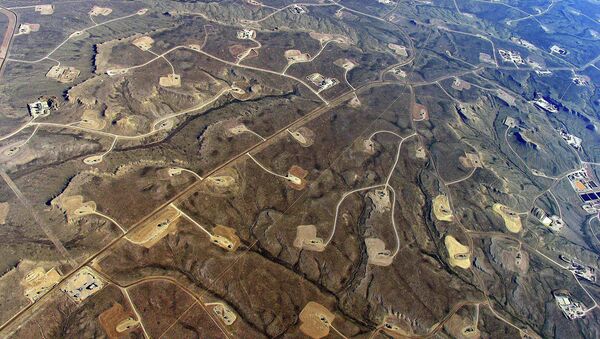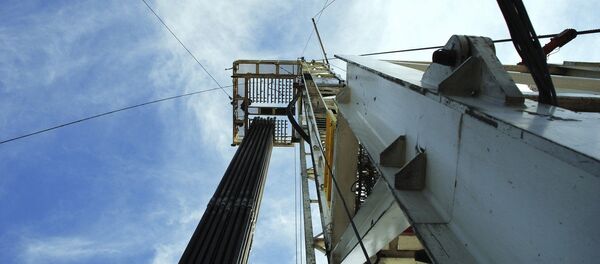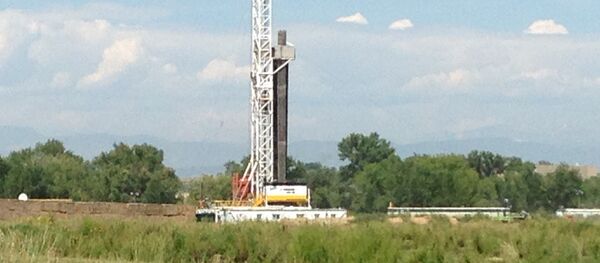As environmental and anti-fracking activists have long predicted, the extraction of fossil fuels by fracking — the process of injecting a high-pressure mixture of water and chemicals deep underground to release natural gas trapped in shale rock — has resulted in numerous incidents including ruptured pipes and overflowing storage tanks, which caused toxic wastewater to enter the environment, threatening harm to plant, animal and human life.
The investigation exposed a number of other cases just as damaging, to emphasize the scale of the problem. And experts stress that wastewater spills can be more harmful than oil spills, because it is harder to get them thoroughly cleaned up.
"A big reason why there are so many spills is the sheer volume of wastewater [produced]," the analysis reads, citing data provided by an organization of state groundwater agencies, which states that liquid wastewater produced in the US adds up to be about 10 barrels for every one barrel of oil, or more than 840 billion gallons a year.
What's more alarming is that the volume of spilled toxic byproduct grows every year, polluting more and more land and waterways.
"In 2009, there were 2,470 reported spills in 11 states," the report reads. "By 2014, the total was 4,643."
"The amount of wastewater spilled doubled from 21.1 million gallons in 2009 to 43 million in 2013 before dipping to 37.6 million last year."
The analysis found a total of 21,651 individual spills reported in the states of Texas, North Dakota, California, Alaska, Colorado, New Mexico, Oklahoma, Wyoming, Kansas, Utah, and Montana between 2009 and 2014.
The actual number is likely much higher, AP notes, as incidents often go undocumented, and those in major fossil fuel producing states Louisiana and Pennsylvania went unaccounted for as local oil and gas producers failed to provide data.




